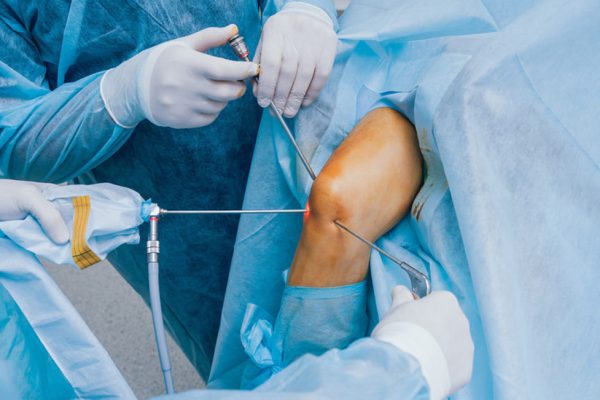Overview
Sports medicine is a specialized field of medicine that focuses on the diagnosis, treatment, prevention, and rehabilitation of injuries and conditions related to physical activity, sports, and exercise. It involves a multidisciplinary approach, blending knowledge from orthopedics, physical therapy, exercise science, and nutrition to help individuals recover from injuries, improve performance, and maintain overall physical health.
Here are some key aspects of sports medicine:
1. Injury Prevention
- Pre-participation screening: Medical evaluations before athletes engage in sports to identify any pre-existing conditions or risks for injury.
- Warm-up and cool-down: Educating athletes on proper warm-up exercises to prepare muscles and joints for activity, and cool-down practices to help recovery and flexibility.
- Correct technique and training: Ensuring athletes use proper form and gradually build strength and endurance to avoid overuse injuries.
- Protective gear: Recommendations for equipment like helmets, pads, and footwear to reduce the risk of injury.
2. Diagnosis and Treatment of Injuries
- Common injuries in sports: These can include sprains, strains, fractures, ligament tears (e.g., ACL injuries), tendonitis, and overuse injuries like shin splints or stress fractures.
- Imaging and diagnostic tools: Sports medicine professionals use diagnostic tests such as X-rays, MRIs, CT scans, and ultrasounds to assess injuries.
- Treatment approaches: Treatment can involve rest, physical therapy, medications (pain management and anti-inflammatory drugs), bracing or splinting, and in some cases, surgery.
- Rehabilitation: Tailored exercise programs to help individuals recover their strength, range of motion, and function.
3. Rehabilitation and Recovery
- Physical therapy: Exercises to strengthen injured muscles, restore joint function, and improve mobility.
- Sports-specific training: Rehabilitative programs that mimic the movements and intensity of the sport to help athletes return to peak performance levels.
- Nutrition and hydration: Ensuring proper nutrition, supplementation, and hydration to optimize recovery and maintain overall health.
- Psychological support: Helping athletes cope with the mental aspects of recovery, including dealing with frustration or fear of re-injury.
4. Sports Medicine Professionals
- Sports Physicians: Medical doctors who specialize in the diagnosis and treatment of sports-related injuries.
- Orthopedic Surgeons: Surgeons who specialize in treating injuries to bones, joints, and soft tissues.
- Physical Therapists: Healthcare professionals who help rehabilitate athletes after injuries through movement and exercise.
- Athletic Trainers: Certified professionals who assist in injury prevention, emergency care, and rehabilitation of athletes.
- Sports Psychologists: Professionals who address the mental and emotional aspects of recovery and performance.
- Exercise Physiologists and Nutritionists: Experts who optimize athletes’ training and nutrition to improve performance and prevent injuries.
5. Types of Sports Medicine
- Orthopedic sports medicine focuses on musculoskeletal injuries, including fractures, joint dislocations, and tendon injuries.
- Exercise physiology examines how physical activity affects the body, including the cardiovascular and muscular systems.
- Sports nutrition aims to optimize an athlete’s diet to enhance performance, prevent injuries, and speed up recovery.
- Sports psychology addresses the mental and emotional aspects of sports, including motivation, focus, and coping with pressure or injury.
6. Emerging Trends in Sports Medicine
- Regenerative Medicine: Using techniques like platelet-rich plasma (PRP) therapy or stem cell treatments to promote healing and tissue regeneration.
- Wearable technology: Devices that monitor an athlete’s movement, heart rate, hydration levels, and recovery status, helping to prevent overtraining and injury.
- Concussion management: New protocols and technology for diagnosing and managing concussions, especially in contact sports like football and soccer.
Sports medicine can be beneficial not only for professional athletes but also for recreational exercisers and anyone who participates in physical activity. It plays a vital role in improving performance, preventing injuries, and promoting long-term health and well-being.


